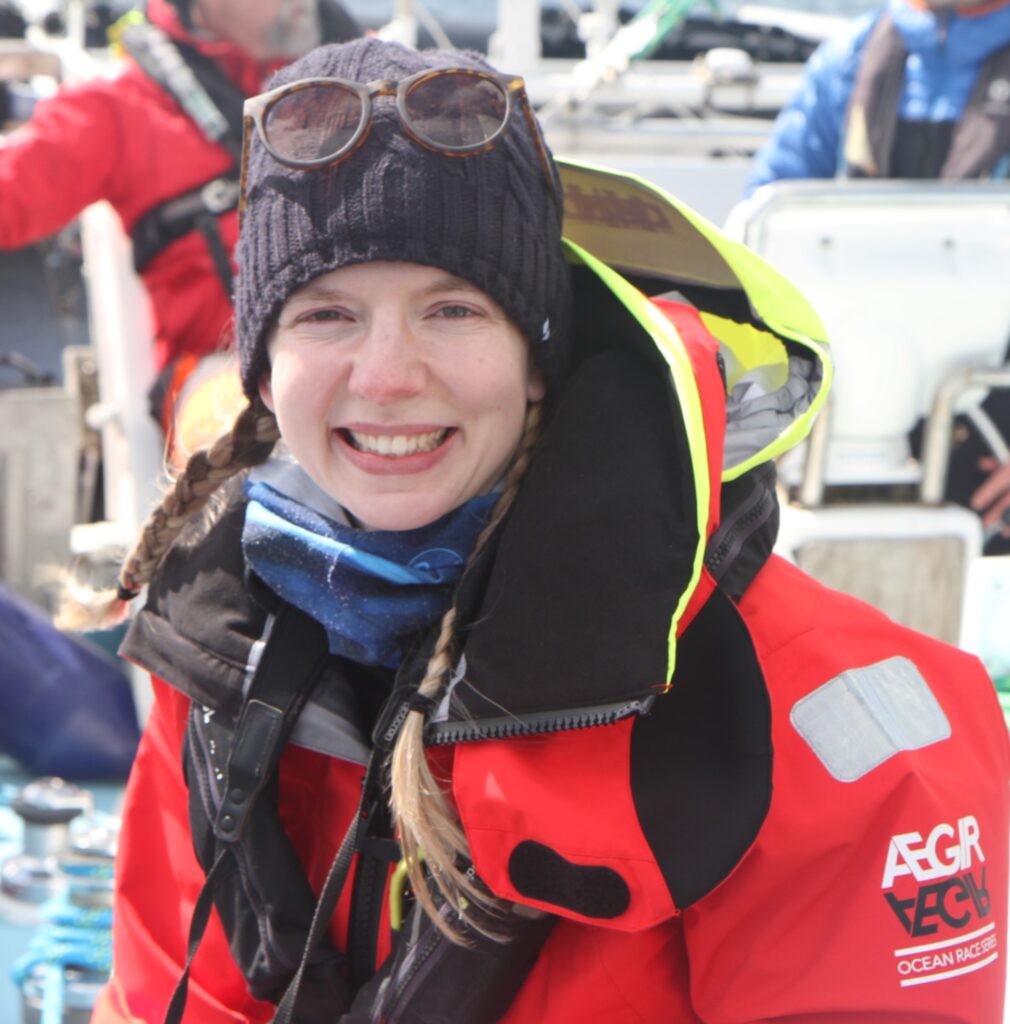(she/her)

I have a Bachelor of Science in Marine Science and a Master of Science in Marine Mammal Science. I have a particular research interest in the development and use of innovative technological approaches to study marine mammal health and physiology. My PhD project suits my interests perfectly as it aims to investigate the physiological implications of disturbance to an indicator species using a suite of physio-logging tools, and expand the available technologies with which to study these homeostatic changes.
Predicting physiological impacts of disturbance on marine mammals: Implications for population-level effects
PI and Institution:
Carol Sparling, University of St Andrews
PhD aim:
The overall aim of this project is to measure physiological consequences of disturbance and their interaction with behaviour and foraging energetics. This will be done by using grey seals at the Sea Mammal Research Unit’s pool facility, in which seals make repeated voluntary dives in a simulated foraging paradigm. The physiological state of the seals will be manipulated, without exposing seals to disturbance stimuli, by using a breathing chamber to control exposure to respiratory gas mixes: ambient, hypoxic, hyperoxic, and hypercapnic. The effect of changing blood gases on (1) cardiovascular regulation and organ function and (2) energetics and foraging efficiency will be measured using this experimental setup.
PhD objectives:
- Assess how physiological state affects cardiovascular regulation and organ function using non-invasive wearable physiological monitoring tools and blood-based biomarkers.
- Assess how physiological state affects energy expenditure during foraging and rest periods.
- Test and calibrate physiological metrics against gold-standard measurements for the development of animal-borne physiological monitoring tags for field deployments.
- Incorporate the outcomes in models to predict the individual and population level consequences of disturbance.
Contact details:
Email: [email protected]
Twitter: @Eva-MariaB
ResearchGate: Eva-Maria Bønnelycke
Peer Reviewed Publications:
- Nguyen, B. V. V., Liu, Y., Stallings, C. D., Breitbart, M., Murawski, S. A., Weisberg, R. H., Kerr, M., Bønnelycke, E-M. S., Peebles, E. B. (2023). “Retention and export of planktonic fish eggs in the northeastern Gulf of Mexico.” Fisheries Oceanography.
- Spoors, F., James, M. A., Mendo, T., McKnight, J. C., Bønnelycke, E-M. S., Khan, N. (2023). “Investigating clove oil and its derivatives as anaesthetic agents for decapod crustaceans to improve welfare commercially and at slaughter” Frontiers in Animal Science, 4.
- Bønnelycke, E-M. S., Hastie, G. D., Bennett, K. A., Kainerstorfer, J. M., Milne, R., Moss, S. E. W., Ruesch, A., Wu, J., McKnight, J. C. (2021). “Wearable near-infrared spectroscopy as a physiological monitoring tool for seals under anaesthesia.” Remote Sensing, 13(18).
- Kerr, M., Browning, J., Bønnelycke, E-M., Zhang, Y., Hu, C., Armenteros, M., Murawski, S., Peebles, E., Breitbart, M. (2020). “DNA barcoding of fish eggs collected off northwestern Cuba and across the Florida Straits demonstrates egg transport by mesoscale eddies.” Fisheries Oceanography, 29(4), 340-348.
